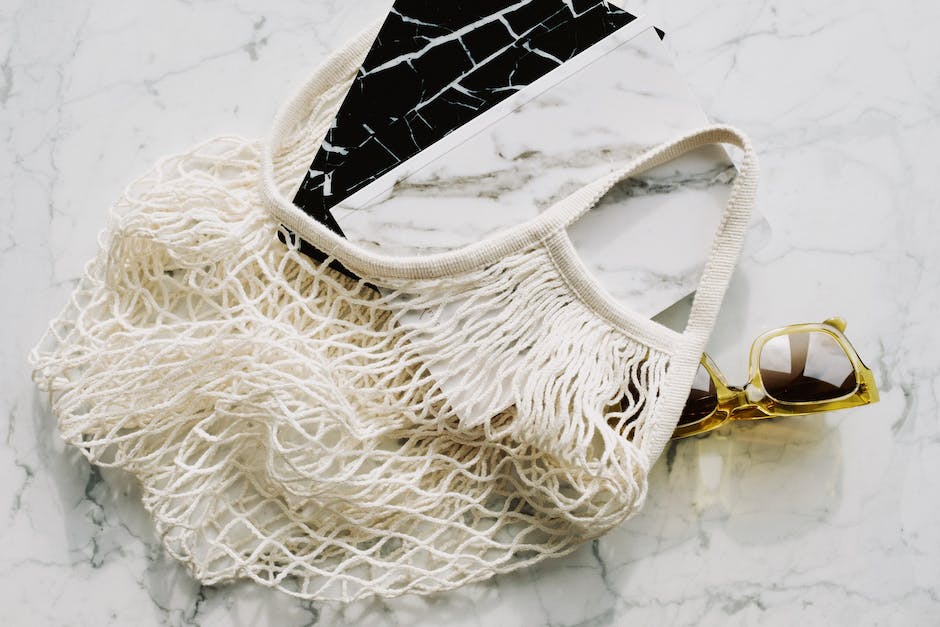Madame Grés elevated fashion design into an art. From her classical dresses to the use of denim, she change the clothing world. Her creations redefined the way we dress.
Breakdown: Why Organic & Artisanal Materials Are Transforming Fashion

Understanding organic and artisanal materials in fashion
Organic materials in fashion are made from natural resources like cotton, silk, or wool, while artisanal materials are handcrafted by skilled artisans. These materials are gaining popularity in the fashion industry as people become more conscious of sustainability and quality. Organic materials are free from harmful chemicals, making them better for the environment and our skin. Artisanal materials carry a unique touch, reflecting the craftsmanship and tradition behind each piece. Understanding the significance of these materials will help us make more informed and ethical fashion choices.

Benefits of using natural textiles in fashion
Natural textiles are not only better for the environment, but they also bring many benefits to the fashion industry. Here are some key benefits of using natural textiles in fashion:
- Eco-friendly: Natural textiles are biodegradable and do not release harmful chemicals into the environment, unlike synthetic textiles.
- Breathability and comfort: Fabrics like cotton, linen, and silk are breathable, which allows for better air circulation and comfort for the wearer.
- Hypoallergenic: Natural textiles are less likely to cause skin irritation or allergic reactions compared to synthetic materials.
- Sustainability: Natural textiles come from renewable resources, making them more sustainable and reducing the carbon footprint of the fashion industry.
Using natural textiles in fashion not only benefits the consumers but also promotes sustainability and environmental consciousness in the fashion world.
Making a difference: environmental impact of organic and artisanal materials
Organic and artisanal materials have a lower environmental impact than conventional ones. According to the Fashion Revolution, organic materials are grown without harmful pesticides and chemicals, reducing water and soil pollution. Artisanal materials are handmade, often using traditional techniques, contributing to sustainable production practices. By choosing organic and artisanal materials, you can help reduce the fashion industry's environmental footprint and support more ethical and sustainable manufacturing processes.
Embracing sustainability in fashion
Sustainable fashion is becoming more popular as people become more aware of the environmental impact of the fashion industry. Organic and artisanal materials play a crucial role in this shift toward sustainability. These materials are produced using environmentally friendly processes and are often free from harmful chemicals. When you embrace sustainability in fashion, you are supporting ethical practices and reducing your environmental footprint. It's a small but impactful step in transforming the fashion industry for the better.
Exploring the various types of organic and artisanal materials
Organic and artisanal materials are becoming increasingly popular in the fashion industry due to their sustainable and unique characteristics. Organic materials are derived from natural sources and are produced without the use of harmful chemicals, making them environmentally friendly. On the other hand, artisanal materials are crafted by skilled artisans, often using traditional techniques, resulting in one-of-a-kind pieces. Some common types of organic materials include organic cotton, hemp, and bamboo, while artisanal materials encompass handwoven fabrics, hand-dyed yarns, and intricate embroidery. These materials not only bring a sense of authenticity to fashion but also promote ethical and eco-friendly practices in the industry.
Finding the right natural textiles for your wardrobe
When looking for natural textiles for your wardrobe, it is important to consider the benefits of organic and artisanal materials. These materials are made without the use of harmful chemicals, making them better for both your skin and the environment. Here are a few things to keep in mind when searching for the right natural textiles for your wardrobe:
- Organic Cotton: Look for clothing made from organic cotton, which is grown without the use of pesticides and synthetic fertilizers. This makes it a healthier and more sustainable option.
- Linen: Linen is a natural fiber made from the flax plant. It is known for its breathability and ability to keep you cool in hot weather. Look for garments made from organic linen for a more eco-friendly choice.
- Hemp: Consider clothing made from hemp, which is a durable and strong natural fiber. Hemp fabric is also known for its antibacterial and antimicrobial properties, making it a great choice for sensitive skin.
-
Artisanal Fabrics: Explore artisanal fabrics made by traditional methods, such as handloom weaving or natural dyeing. These fabrics often have unique textures and patterns, adding a special touch to your wardrobe.
By choosing natural textiles for your wardrobe, you can not only enjoy the comfort and quality of these materials but also contribute to a more sustainable and environmentally friendly fashion industry.
The production process: from farm to fashion
In the production of organic and artisanal fashion, the journey begins on the farm and ends with the creation of stylish clothing and accessories. Organic materials are grown without synthetic pesticides or fertilizers, promoting sustainable and environmentally friendly practices. Artisanal materials are crafted by skilled artisans, highlighting the beauty of handmade pieces. This production process prioritizes ethical sourcing, supporting local communities and preserving traditional craftsmanship.
Artisanal craftsmanship: preserving traditions and heritage
Artisanal craftsmanship plays a critical role in preserving traditional techniques and cultural heritage within the fashion industry. By embracing organic and artisanal materials in fashion, designers and artisans honor age-old practices, ensuring that these valuable traditions and skills are not lost with time. This careful attention to craftsmanship also fosters sustainable and ethical practices, as well as creates unique, one-of-a-kind pieces that celebrate cultural diversity and heritage.
Exploring the costs and accessibility of natural textiles
Natural textiles can be more expensive compared to synthetic materials, as they usually involve eco-friendly production methods. However, the rising demand for organic and artisanal materials has led to increased accessibility and affordability. Many sustainable fashion brands are now offering a wider range of natural textiles at competitive prices, making it easier for consumers to make environmentally conscious choices without breaking the bank. Keep in mind that factors such as the type of natural textile, its source, and production processes can influence the cost and availability.
Conclusion: the future of fashion with organic and artisanal materials
The widespread popularity of organic and artisanal materials is revolutionizing the fashion industry, leading to a significant shift in consumer preferences. As consumers become more environmentally conscious, there is a growing demand for sustainable and ethically sourced materials. The use of organic and artisanal materials not only promotes eco-friendly practices but also supports local artisans and traditional craftsmanship. This trend is expected to continue shaping the future of fashion, with an emphasis on authenticity, quality, and sustainability.
Blog posts
After the Barbiecore trend, pink is always a yes. Find some ideas on how to wear a pink skirt and stand out with your party looks.
Whether you're building your dream capsule wardrobe or looking to stand out at your next event, satin pants give you options that are sustainable, comfortable, and incredibly chic.


